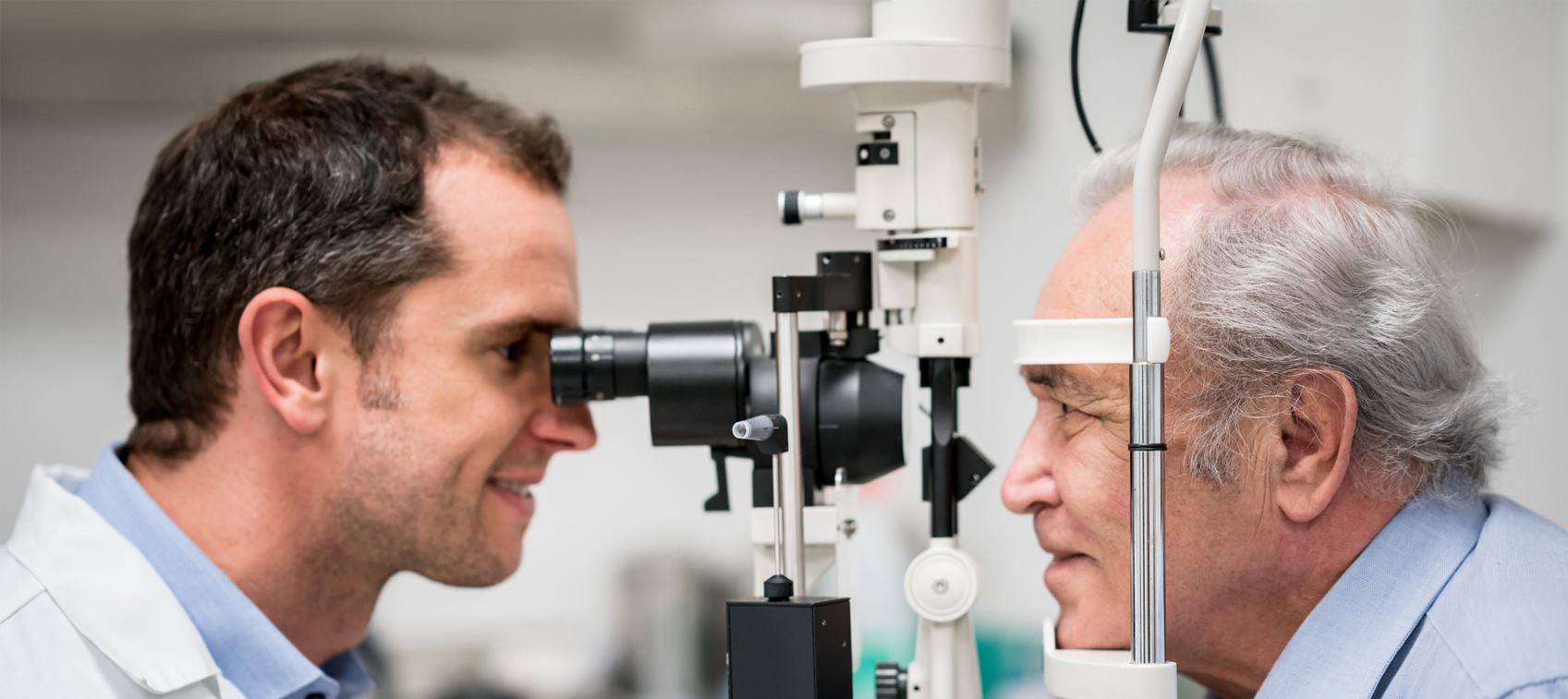
As its name suggests, macular degeneration is a degenerative condition of the macula, the area of the retina responsible for central vision and fine detail. In some people, it is caused by excessive blood vessel growth and fluid leakage in the retina. This “wet” form, which is often treated with lasers or drugs to retard the growth of the abnormal vessels, is responsible for most macular degeneration–related blindness.
But the majority of people afflicted with macular degeneration have the “dry” type, which is marked by buildup of metabolic waste products in the macula. These lesions interfere with blood flow to the macula and impair function of light-sensitive cells. Dry macular degeneration progresses more slowly and results in less severe vision loss, although over time it can also cause significant impairment. Conventional medicine considers dry macular degeneration to be “untreatable,” but this just isn’t true. Here are six steps you can take to prevent, and even treat, macular degeneration.
Supplement With Eye-Supportive Nutrients
The 10-year Age-Related Eye Disease Study proved that high doses of antioxidants such as vitamin C (1,000 mg daily), vitamin E (400 IU daily), beta-carotene (15,000 IU per day), and zinc (50–80 mg per day) was a significant treatment for advanced macular degeneration and vision loss in patients with early-stage disease.
And additional research has highlighted the benefits of a broad range of phytonutrients, including lutein and zeaxanthin. Of the 600 known carotenoids, only lutein and zeaxanthin accumulate in the retina, especially in the macula. These antioxidants give it a dark yellow color (the macular pigment) that acts like a sunscreen, blocking out damaging blue light and protecting against UV-generated oxidative stress.
Preventing degeneration of the retina and macula is obviously important, and supplemental lutein does just that. Study participants who took 20 mg of lutein daily for one year had significant increases in the density of the macular pigment. Lutein has also been shown to reduce inflammation, eye fatigue, and glare sensitivity and improve light/dark adaptation and nighttime driving.
You can find lutein and zeaxanthin in supplement form, and most eye formulas contain them. The recommended dosage is 20–40 mg lutein and 2–4 mg zeaxanthin. But you can also load up on both of these carotenoids by eating an abundance of leafy greens. In one study, individuals who ate the most spinach, kale, collards and other leafy greens had a 43 percent lower risk of developing macular degeneration compared with those who ate the least.
Finally, vitamin D may also be beneficial. One study found that postmenopausal women with high Vitamin D levels are at significantly reduced risk of macular degeneration.
Dietary Considerations
Omega-3 fatty acids in oily fish have also been shown to protect the retina. Australian researchers followed 2,335 people age 49 or older for five years and found that eating fish once a week lowered risk of early macular degeneration by 40 percent; three weekly servings lowered risk of advanced macular degeneration by 75 percent.
Also add more low-glycemic, healthy carbohydrates to your diet. Researchers from Tufts University School of Medicine found that women who ate a high-glycemic diet were more likely to develop early macular degeneration than those who ate more low-glycemic foods.
Consider HBOT
Hyperbaric oxygen therapy (HBOT) involves breathing 100 percent oxygen in a pressurized environment. It works on two fronts in treatment for macular degeneration: It saturates the cells with oxygen to regenerate damaged tissues, and it mobilizes stem cells, which can be transformed into a broad range of cell types. HBOT’s effects on macular degeneration can be dramatic. In one small study, the visual acuity of three patients treated with HBOT doubled, and a fourth patient’s nearly quadrupled.
It's Not Inevitable...
Some age-related vision changes are to be expected. Virtually all of us will require reading glasses at some point in our lives. Macular degeneration, however, is not inevitable. It’s never too early to be proactive about your vision, especially if you are female, Caucasian, have light-colored eyes, smoke, are obese or have a family history of macular degeneration, all of which place you at increased risk.
Take a hard look at your diet and make appropriate changes, start on a nutritional supplement program geared toward treatment for macular degeneration, and you’ll be well on your way toward a lifetime of better vision.


